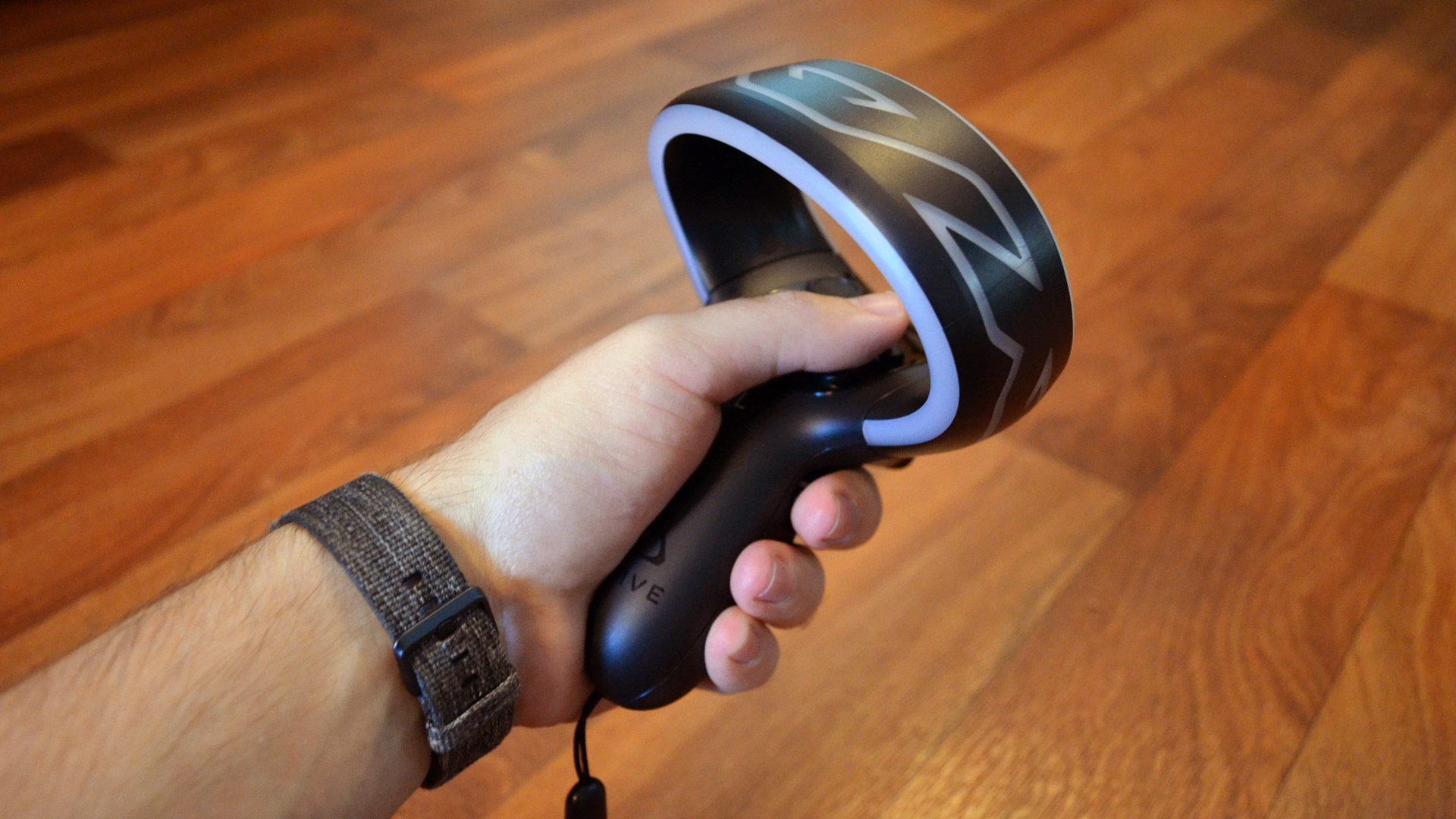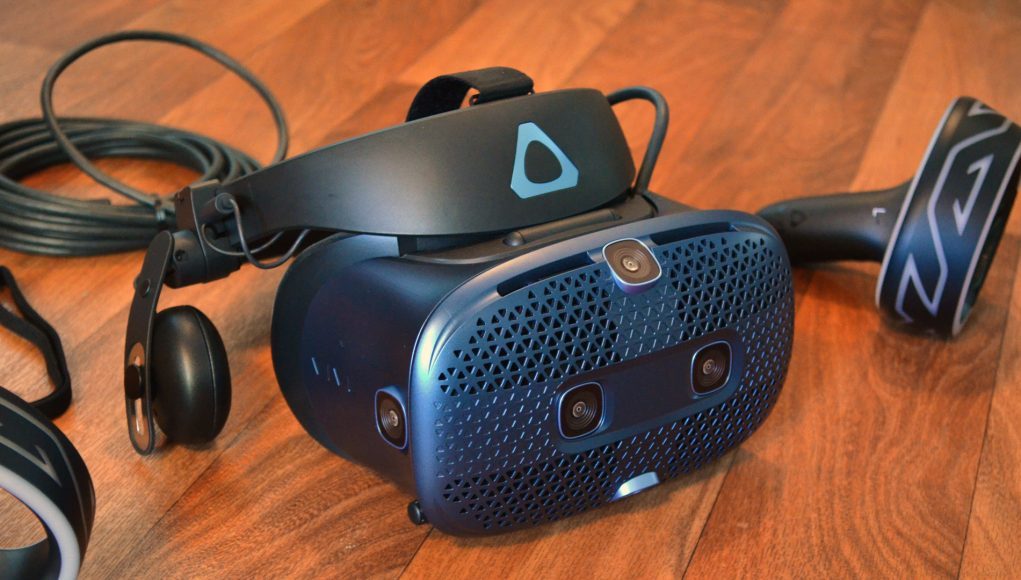Vive Cosmos got off to a rocky start when it was launched earlier this month. Some pretty questionable low-light tracking actually forced us to postpone our review in fear of having received a defective unit (spoiler: it wasn’t). While the company pushed out a hot fix shortly afterwards that improved the range of acceptable lighting scenarios, tracking was still far from perfect. Now HTC says a software update is available in beta that addresses a number of tracking issues that currently plague its latest PC VR headset.
Update (October 25th, 2019): HTC today announced the Cosmos 1.0.7 software is now available in beta, which is said to ameliorate a number of items on the list of user grievances.
We haven’t had a chance to jump in just yet to test it out, but we’ll be putting it through its paces in the coming days to see just how much the software update has changed our admittedly tepid opinion of the $700 PC VR headset.
Original Article (October 21st, 2019): HTC says in a recent blog post that the update looks to improve low-light tracking in Cosmos, and do it with better prediction during fast movements. The company is also aiming to reduce tracking jitter, something that we noticed even in optimal lighting conditions.
All of this should also come alongside official compatibility for Vive Wireless Adapter, but that’s probably the least of your worries of you actually bought the $700 headset and are hoping for some improvement in the overall experience.
As for the other half of the equation, the company maintains that Cosmos’ controllers will get improved low-light and high brightness tracking stability too.

The future update is also said to include improved prediction models when a controller exits the headset’s FOV, and faster and more accurate positional recovery when returning into the headset’s FOV.
Furthermore, HTC maintains they’re bringing improved near-field headset/controller tracking, which they say should improve archery mechanics in games—a difficult scenario since the controllers come very close to the headset’s inside-out tracking cameras, making them difficult to position accurately.
In our review of Cosmos (we wrote it after trying the initial low-light hot fix), Road to VR’s executive editor Ben Lang noted that Cosmos’ tracking performance still falls somewhere between PSVR and Rift S when played in optimal conditions. There’s no telling how much HTC can actually do from the software side of things in significantly improving tracking, although we’re hoping to try the upcoming software update for ourselves in the coming days to see just how far the admittedly tepid hardware offering has come along.
In addition to the forthcoming update, the headset’s 1.0.5 update was released late last week, and is said to include better room setup performance for low-light environments as well as solving a USB audio driver compatibility issue that effected users with certain system configurations.







